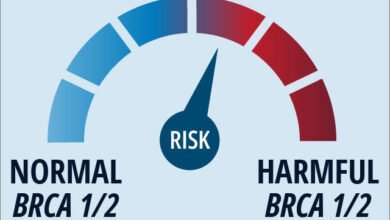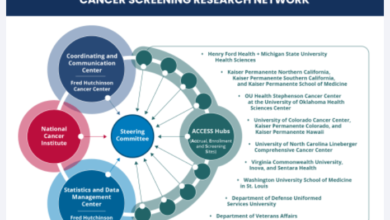Tips for Mesothelioma Caregivers Before and After Surgery

Types of Mesothelioma Surgery
Doctors consider surgery-based multimodal therapy the best option for treating mesothelioma. Caregivers may want to be present at the hospital while the doctors perform the surgery. Learning about the type of surgery a patient will undergo can help caregivers better understand the treatment process.
The main types of surgical procedures used to treat mesothelioma include:
- Cytoreductive surgery (CRS): Peritoneal mesothelioma patients may undergo CRS. Doctors perform the procedure to remove all visible tumors from the abdomen. The procedure may take from 4 to 10 hours. CRS is often combined with heated intraperitoneal chemotherapy (HIPEC). Caregivers can expect the patient to stay in the hospital for at least a week after this surgery.
- Extrapleural pneumonectomy (EPP): Pleural mesothelioma patients may undergo EPP, although it is less common than it used to be. EPP involves the removal of a lung and the lining around the lungs, called the pleura. Recovery may require up to a 2-week hospital stay.
- Pleurectomy/decortication (P/D): Pleural mesothelioma patients may undergo P/D. This procedure involves the removal of the pleura and any remaining tumors in the chest cavity. Caregivers can expect the surgery to take from 4 to 6 hours. Recovery may require more than a week in the hospital.
A mesothelioma patient may also receive palliative surgery to help improve quality of life. These surgeries are often less aggressive than those meant to treat mesothelioma. Some may be performed as outpatient procedures.
Mesothelioma Post-Surgery Caregiving
After surgery, caregivers can expect patients to have a hospital stay followed by continued recovery. At the hospital, caregivers may be able to help patients with their recovery exercises. These may include breathing exercises and walking around.
Once patients are discharged from the hospital, caregivers can help them follow any instructions given by the healthcare team to help with recovery. Caregivers may provide assistance in the following ways:
- Helping the patient follow any dietary and nutritional guidelines
- Helping the patient manage any medication, such as pain medicine
- Making sure the patient goes to any follow-up appointments
- Watching out for potential surgery side effects, such as bleeding, fever or other possible symptoms outlined by the patient’s healthcare team
Caregivers should call a member of a patient’s healthcare team if they have any questions or observe side effects. Talking to the patient’s healthcare team may help resolve any problems quickly.
Support Services for Mesothelioma Caregivers
Being a caregiver for a mesothelioma patient may feel overwhelming, but resources are available to help. The doctors and nurses treating a patient are available to provide support and answer questions.
Other caregiver resources include counseling, books and transportation services. These resources are designed to help both patients and caregivers navigate treatment and recovery.
The emotional and physical support provided by caregivers makes them an invaluable part of a patient’s cancer journey. They are much appreciated by the mesothelioma community and are celebrated for all their love and dedication.
Source link
#Tips #Mesothelioma #Caregivers #Surgery


